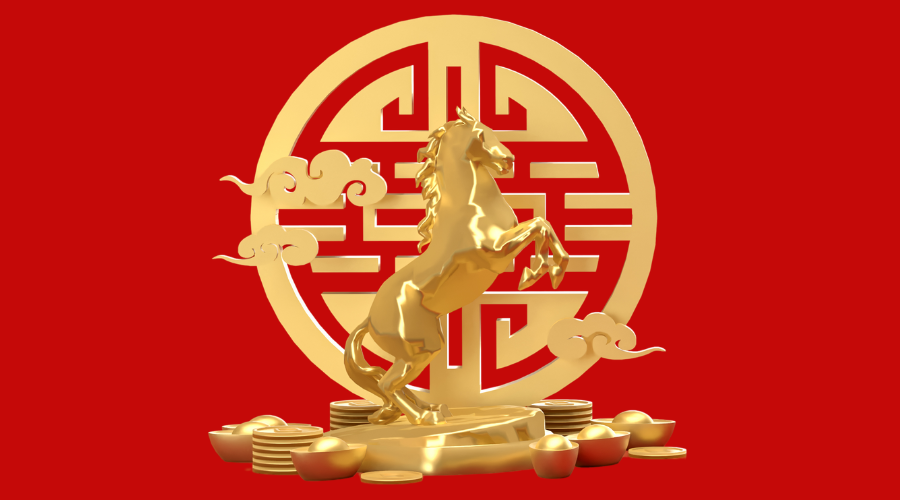By Phillip Nova Strategist, Lee Yi Jie, 29 years old
If you are an 18 year-old residing in Singapore with an interest in current affairs, chances are that you would have heard of the term “investing” by now. Perhaps you can recall a time when your bunk mates and family members were talking about an “incoming recession” or “inflation being at an all-time high” – but due to your lack of understanding you avoided the conversation altogether. Or maybe you are someone who thinks that they are bad with numbers, and would much rather leave your hard-earned cash in a safe haven financial instrument like a bank. After all, while we were growing up chances are that our parents constantly remind us that “money does not grow on trees”.
In this article, I hope to shed some light on the importance of investing. And if the term “investing” still makes you uncomfortable, then maybe it’s about time we start taking more ownership of what we do with our money. To illustrate why investing is important, allow me to share a story of two individuals in NS:
#1: Josh
- Commits to saving $3600/year for 30 years
- Does not invest as he is afraid of taking up risk. Allocates 100% of his savings into a local bank which offers an interest rate of ~3% per annum
Here is a breakdown of how much Josh saves after 30 years:
Year |
Josh |
|
| Yearly Deposit | Amount in Bank (3% Returns) | |
| 1 | $3,600 | $3,600 |
| 2 | $3,600 | $3600 + $3600*103% = $7308 |
| 3 | $3,600 | $3600 + $7308*103% = $11127 |
| . | . | . |
| . | . | . |
| . | . | . |
| 25 | $3,600 | $3600 + $123935*103%= $131253 |
| 26 | $3,600 | $3600 + 131253*103% = $138791 |
| 27 | $3,600 | $3600 + $138790*103% = $146555 |
| 28 | $3,600 | $3600 + 146555 *103% = $154551 |
| 29 | $3,600 | $3600 + $154551*103% = $162788 |
| 30 | $3,600 | $3600 + 162788*103% = $171271 |
At the 30-year mark, Josh saves a total of $171,271 – a reasonable sum of money for any individual. Moreover, with a return of 3%, he gets back his principal amount by the 24th year.
#2: Thomas
- Commits to saving $2400/year for 30 years
- Invests 50% of his savings in an iShares ESG Screened ETF Exchange Trade Fund (ETF) which gives ~8% interest
- Allocates the remaining amount in a bank with ~3% interest rate
Here is a breakdown of how much Thomas saves after 30 years:
Year |
Thomas |
|
| SPX ETF (8% Returns) | Bank (3% Returns) | |
| 1 | $1,200 | $1,200 |
| 2 | $2,496 | $2,436 |
| 3 | $3,896 | $3,709 |
| . | . | . |
| . | . | . |
| . | . | . |
| 25 | $87,727 | $43,751 |
| 26 | $95,945 | $46,264 |
| 27 | $104,821 | $48,852 |
| 28 | $114,407 | $51,517 |
| 29 | $124,759 | $54,263 |
| 30 | $135,940 | $57,090 |
| Total | $193,030 | |
Despite saving $2400 a year, we see that Thomas has ~$22,000 more than Josh at the end of 30 years ($193k vs $171k). In fact, he surpassed Josh’s total savings in his 25th year of investing.
It can be hard to imagine how someone saving $3600 could end up with lesser wealth than someone saving $2400 a year. Here are 2 reasons why Thomas ended up with more than Josh after 30 years:
- Compound Interest
With compound interest, you earn interest both on your principal balance and interest earned. Compound interest is when you add the earned interest back into your principal balance, which then earns you even more interest, compounding your returns. With compound interest, the growth of your savings account balance would accelerate over time as you earn interest on increasingly larger balances. - Different Interest Rates of Financial Instruments
Unlike Joshua, Thomas had a higher risk appetite, allocating 50% of his savings into ETFs. Historically, ETFs have a yearly return rate of 8% compared to 3% in banks. This 5% interest rate differential might seem small at first. However, if you were to compounded this difference across a time horizon of 30 years, what we get is the table above.
To sum up, there is saying that goes: “The best time to plant a tree was 20 years ago. The second best time is now.” The same can be said for taking advantage of compound interest at a young age.
I hope that this article has motivated you to take investing more seriously while you are serving your National Service. Terms like investing, ETFs and brokerages can seem daunting to many of us, especially if our parents did not invest themselves. However, as technology advances and financial markets become more accessible, it would be wise to consider how we can be more informed about the ways we manage our money.









